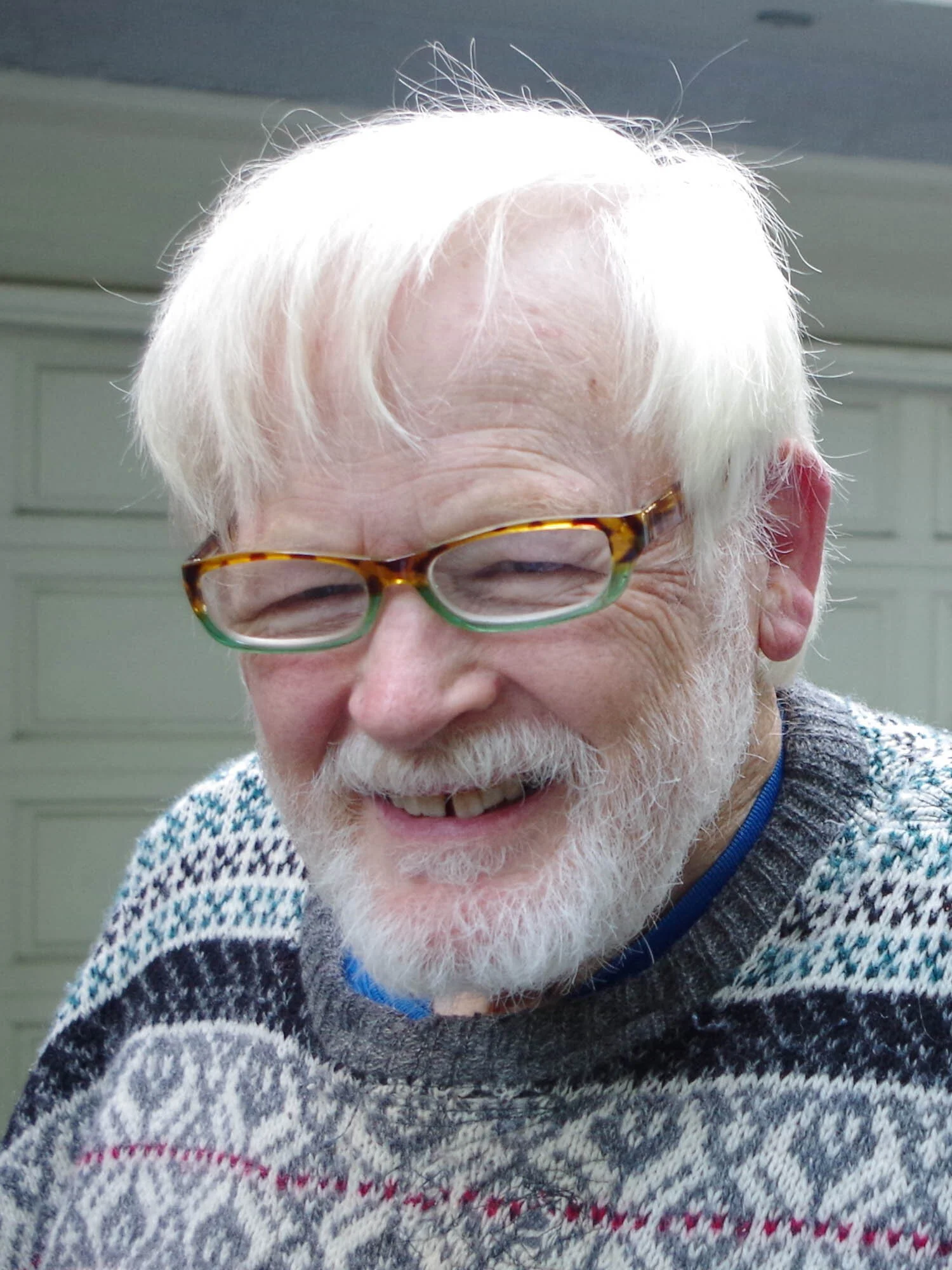Stephen Spero Golub
Stephen Spero Golub died peacefully at his home in Swarthmore on Wednesday, August 12, from metastasized melanoma. He was 67.
Steve was the Franklin and Betty Barr Professor of Economics at Swarthmore College. A renowned authority on labor costs and international competitiveness, he was a prodigious researcher and collaborator, as well as a mentor to generations of students and colleagues. “Steve's teaching was driven by his belief that economics could help us understand and attempt to solve challenging social and economic problems around the world,” said Swarthmore College economics professor Ellen Magenheim. “He wasn't just trying to teach skills or models, although that was certainly important; he wanted students to see how to use those skills and models in ways that could improve society — as he truly believed they could.”
Steve was born in Chicago to second-generation German- and Russian- Jewish immigrants. He was the oldest son of Nancy Spero and Leon Golub, who would later become internationally renowned artists. In pursuit of their art careers, they moved from Chicago to New York, then to Paris, where they spent a number of years, then back to New York. Until Steve went to college, his schooling was in French. (This later facilitated the in-depth research he did in Francophone Africa.) He graduated in 1974 from Williams College, magna cum laude, with highest honors in economics, and two years later earned a master’s from Yale University.
After three years working as an economist for the U.S. Treasury and the Federal Reserve Board of Governors, Steve returned to Yale to pursue a Ph.D. in economics.
Steve completed his Ph.D. at Yale under Nobel laureate James Tobin, and later collaborated with Tobin on a revision of Tobin’s monograph on advanced macroeconomics. Steve credited this collaboration with transforming the clarity and concision of his own writing, and with inspiring the expectation he later set for his own students, that they should write precisely and concisely.
Steve joined Swarthmore’s economics faculty in 1981, and taught the department’s introductory economics course, as well as courses on international economics, macroeconomics, microeconomics, money and banking, economic development, and, recently, global capitalism since 1920. His international economics seminar is legendary on campus, and is often cited by former students as one of their most influential college experiences.
Steve authored four books and nearly 50 journal articles and book chapters. His recent research focused on globalization and on issues related to African development, including smuggling and the informal economy. He was also continually engaged in collaborations with his students. A number of undergraduates served as his research assistants and were named as co-authors of the published papers they worked on with him. This helped launch them in their careers, and enabled Steve to do more research than he could have done working alone. The Swarthmore Economics Department and the Global Studies Program are now planning to establish student research grants in Steve’s honor, to support and encourage the kind of productive faculty-student collaborations Steve was known for.
During his long career, Steve also taught for seven years at the Wharton School. In recognition of his exemplary teaching there, he was awarded the Laurence and Susan Hirsch Adjunct Professorship, which recognizes distinguished teachers and scholars who contribute to the intellectual environment. Also, in 2017, he received Wharton’s Huntsman Senior Class Undergraduate Teaching Award. In addition to his position at Wharton, Steve held visiting positions at Yale; Columbia University; the University of California, Berkeley; and the University of Dakar (Senegal). He also consulted extensively with international organizations, including the World Bank, the International Monetary Fund, the Organization for Economic Cooperation and Development in Paris, and the United Nations Conference on Trade and Development. He often pursued ambitious research projects in West Africa on behalf of these agencies, while working with African economists.
Steve is survived by his wife of 36 years, Kit Raven, as well as their three daughters, Alaine Raven (Ian Varriale), SHHS 1987; Zoe Golub, SHHS 2010; and Celeste Golub (Frank Kircher), the Shipley School 2011. He is also survived by four grandchildren, and by two brothers, Philip and Paul Golub.
In lieu of flowers, the family requests that Steve’s memory be honored by donating to political candidates whose platforms address ending inequality and racism — and also by remembering to vote in November.



